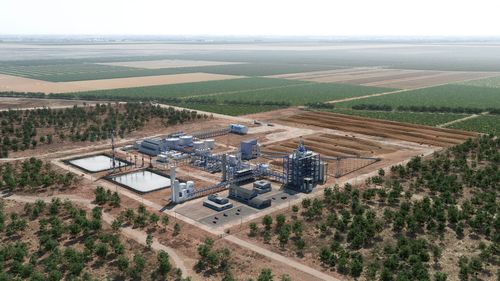NOVA Infrastructure, a middle-market infrastructure investment firm, has partnered with Nopetro Energy to create a renewable energy platform focused on renewable natural gas and biofuels, according to a news release.
Nopetro Renewables will construct one of Florida’s first landfill-gas-to-RNG facilities in Vero Beach. In addition to investing in the newly formed Nopetro Renewables’ platform, NOVA also has made an equity investment in Nopetro Energy.
“Our new platform, Nopetro Renewables, seeks to build and operate renewable energy infrastructure, starting with a shovel-ready landfill-gas-to-RNG project in Vero Beach,” Chris Beall, founder and managing partner of NOVA Infrastructure, said in the release.
Nopetro was founded in 2007 with the goal of displacing petroleum consumption with a cleaner, cost-effective and domestic natural gas fuel. Led by Jorge Herrera, the company has developed a strong reputation in the US southeast and currently operates 16 CNG fueling facilities where it serves government, waste, and industrial customers.
In July 2022, NOVA announced the close of its $565m Infrastructure Fund I, which attracted commitments from a diverse group of leading North American and global institutional investors including public and private pension funds, insurance companies, family offices and asset managers.
NOVA’s investment in Nopetro marks its seventh platform investment as part of Fund I and is a continuation of its strategy of targeting middle-market providers across the infrastructure landscape.








